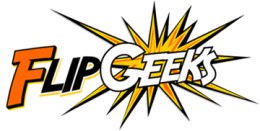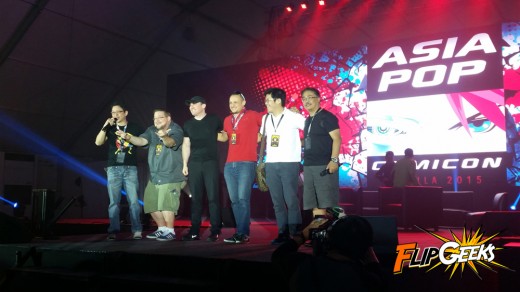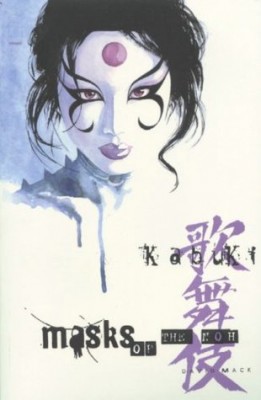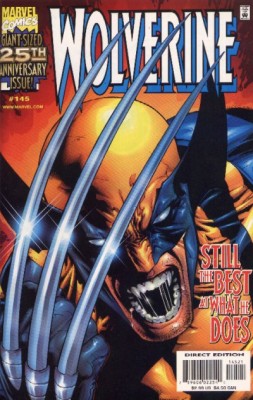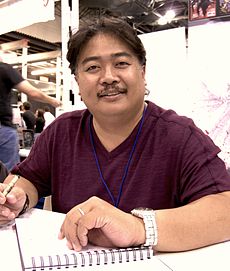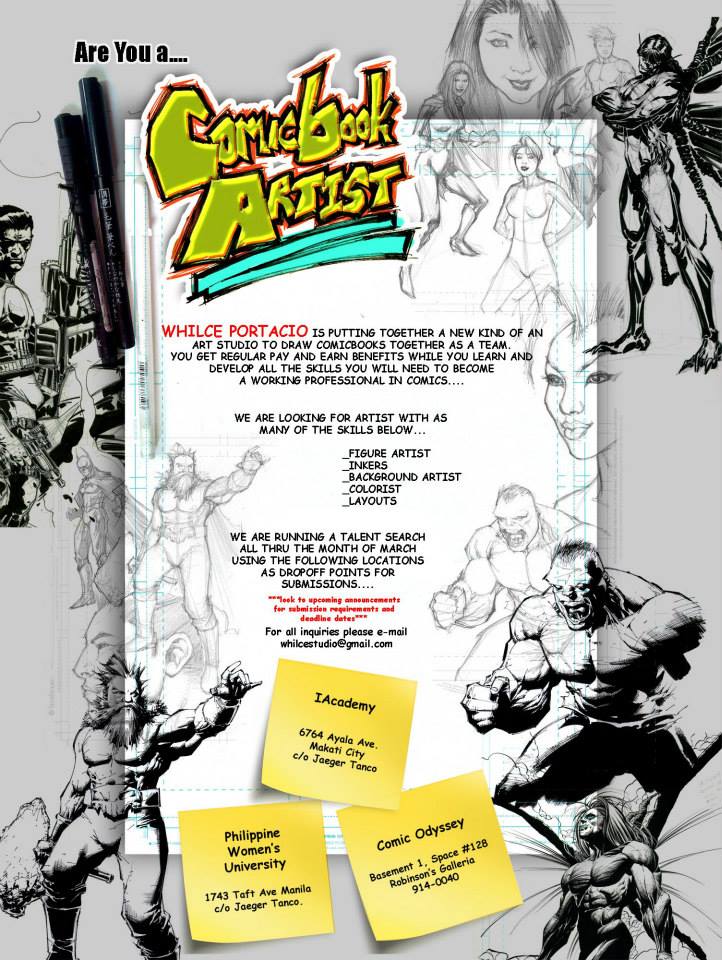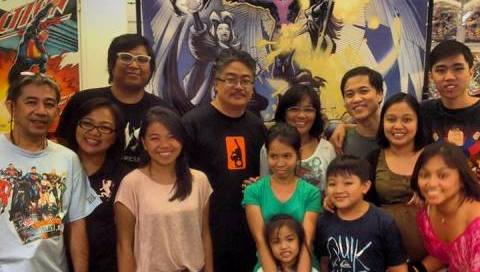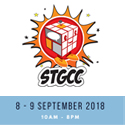APCC 2015: Comics Panel with C.B. Cebulski, David Mack, David Yardin, Leinil Yu, and Whilce Portacio
The final day of AsiaPop Comicon Manila saw another comics panel featuring some heavy hitters from the comic book industry – C.B. Cebulski (Marvel Talent Scout), David Mack (Daredevil, Kabuki), David Yardin (Storm, X-Men), Leinil Francis Yu (Secret Invasion, Wolverine), and Whilce Portacio (Image Comics co-founder, X-Factor). We got to sit in with the audience and listen to what the panelists had to say. Here are some bits and highlights of the panel.
The panel started off with moderator RJ Ledesma introducing guests one by one. After all the guests were seated, C.B. Cebulski would be the first one to get asked a question. Ledesma opened the topic of several Filipino talent in the American comic book industry and asked C.B. what he thinks of Filipino creators. Cebulski then acknowledged the talent of Filipino artists which dates back to the ’70s with artists like Tony DeZuniga and Steve Gan.
“Filipinos love their artists, and are very supportive of them,” Cebulski added. Because of this, he mentioned Filipinos keep the creativity growing by “passing down the knowledge learned from one generation of artist to another.”
Ledesma then asked the rest of the guests about how they got they start in the comic book industry. David Mack was first to answer saying he started doing Kabuki while he was still in college. “There was still no internet at the time so I would mail my work to different publishers,” Mack stated. Eventually one publisher contacted him and it led to him doing art for Daredevil.
“The internet has made it much easier for artists to get your work out there,” Mack answered when asked about advice to aspiring artists. The most important part however is to “keep showing your work to as many people as you can.”
Whilce Portacio chimed in saying he flunked out of Philippine Women’s University before moving to San Diego and trying his luck there. He attended a local comic book convention where he got to show his portfolio to Marvel editor Carl Potts. He received a call later on from Potts offering him an inking job on Alien Legion. This led to him doing inks for Longshot the following year at Marvel.
Leinil Yu was next to share his story. Like Portacio, he also dropped out of college to pursue a career as an artist. “I’m not saying you should flunk out of college or quit your day job to pursue art. Weigh in the options first before taking the risk,” Yu added. Portacio took him in his school where he got to work on a few Wildstorm titles in the mid-90s.
He would then get noticed by another Filipino artist Gerry Alanguilan which landed him a job at Marvel working on Wolverine. Yu then ended saying, “Wolverine was probably the top 2 or 3 book in Marvel at the time. I got really lucky with that.”
The last to share his experience was David Yardin, another one of the Whilce Portacio’s students. “There wasn’t really a comic book industry in Australia,” Yardin opened. He was going to different comic book conventions to show his portfolio to as many people as he can, and ended up going to Portacio’s studio in the Philippines in 1999.
“I went to the Philippines to show Whilce Portacio my portfolio. Plus it was cheaper to go there than the US so I took a little side trip,” Yardin chuckled.
After each guest had shared their stories and experiences, the panel was opened to fan questions. The first fan started his question by acknowledging the fact that most comic book conventions are artist-friendly, meaning it’s easier for artists to show their works to established creators for review. He then asked how writers could break into the industry.
Cebulski said the industry is really harder for writers to break into. “You can’t just come up to a writer and ask him to read your multiple page story. That takes a lot of time,” Cebulski answered. Furthermore, he added that pairing up with an artist and presenting a complete comic with a full story gives an advantage. The most key aspect however is to “always tell a complete story.” Writing different genres also helps for improvement.
David Mack chimed in and gave some advice saying cutting down your story into fewer pages is a good way to challenge yourself. “Try taking your 8-page story and trim it down into a 4-page story,” Mack said.
“It’s also very important to always listen to feedback,” Portacio added. Even though the feedback would be negative, criticism of your own work should always be taken into account.
The second and final question came from a fan cosplaying as a S.H.I.E.L.D. agent. She admitted the way Disney scrapped the whole Star Wars Expanded Universe was a big downer for her. Directed to C.B. Cebulski, she asked how much creative control the Marvel writers have for the Star Wars comics.
Cebulski said Marvel works closely with Lucasfilm and every story “has to be approved by Lucasfilm first.” And just like the movies, every comic they do is considered canon and tied up with everything else.
Moderator RJ Ledesma then thanked the guests and the audience for attending and ended the panel. At the end of the panel, the guests walked up the stage for pictures.
